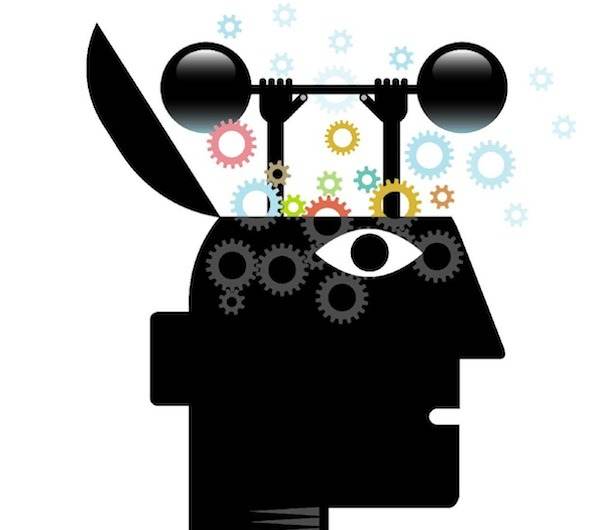TWO weeks ago, the ABC screened its documentary I Can Change Your Mind About Climate Change. The program featured youth activist Anna Rose (a believer in anthropogenic global warming) and former Howard government minister Nick Minchin (a climate change sceptic) travelling around the world to meet various figures in the climate debate. Each tried their best to persuade the other that their position was correct.
The results didn’t quite live up to the show’s billing. The documentary ended up more or less where it started. Rose remained a believer; Minchin stayed a sceptic. It all seemed to confirm what most of us know about human nature. We can’t always agree. Sometimes there’s very little that can change our minds.
This isn’t something confined to climate change or even peculiar to our time. Disagreement is a permanent feature of human societies. But too often today we have polarised debates in which no one gives ground. Reasonable disagreement sounds like something from a bygone golden age.
A recent book by American social psychologist Jonathan Haidt offers some new insights into this state of affairs. In The Righteous Mind: Why Good People Are Divided by Politics and Religion, Haidt explains that we are susceptible to believing that disagreements are symptoms of faulty reasoning; that we can assume there is an answer to every question, so long as we apply universal reason.
This idea has a long pedigree, dating back to Plato and the birth of Western philosophy. But the supremacy of reason has never been universally accepted. Scottish philosopher David Hume, for instance, believed that ”reason is, and ought only to be the slave of the passions, and can never pretend to any other office than to serve and obey them”.
Haidt sides with Hume. As he puts it, reason is like a rider on an elephant (representing all the unconscious processes of the mind). Ultimately, intuitions and the unconscious count for a lot more than reasons. We start off with gut feelings about what is right and wrong. Only then do we start to find reasons that justify how we feel.
A scholar with an eye for taboo-challenging stories, Haidt offers some curious examples from his research. Imagine, he asks subjects, if a man buys a chicken at a supermarket, decides to have sexual intercourse with it, and then cooks and eats the chicken. Most respondents are repulsed by the example. Yet when prompted to explain why the man’s actions are morally wrong, they struggle to offer good reasons.
Examples like these, it is argued, show that ”moral reasoning is sometimes a post hoc fabrication”.
Admitting that intuitions shape our moral psychology certainly runs counter to much modern thought. It is a particular problem for a group Haidt labels ”WEIRD liberals”: progressives in Western, educated, industrialised, rich and democratic societies who have placed their faith in Enlightenment rationality. Such progressives seem particularly unable to understand their conservative opponents. Faced with disagreement, their response is often one of incredulity.
Indeed, we see something resembling this on matters such as climate change, religion and same-sex marriage. How many times do we hear progressives ask their opponents: How can you deny that global warming is taking place? How can you not see that religion is irrational? How can you not accept the logic behind same-sex marriage?
This isn’t to say that progressives should wear all the blame for the polarisation of our politics. Far from it. But The Righteous Mind correctly highlights that too many seem to believe that you can win a debate only with reason, and not also through moral persuasion. In practice, the best arguments have the power of both. If you want to change people’s minds, you may want to talk to the elephant before the rider. The Anna Roses of the world are beginning to realise this.
Does this mean that we must therefore bow to elephants, that we must validate someone’s opinion even when they live in a fantasy? No, of course not. The point is only that it mightn’t be enough to appeal to rationality – even if you happen to be right or have the facts on your side.
Reason isn’t the master but the slave, after all. As a matter of efficacy, you’re more likely to win an argument if you can also appeal to people’s values.
This mightn’t be as easy as it seems, of course. If current debates are any measure, it is striking how little we seem to understand each other. Mutual incomprehension is turning into mutual disdain.
Democratic politics has always been about finding ways for us to co-operate amid differences. But in an age of pluralism, we may be defined as much by the manner in which we disagree as by what we have in common.

